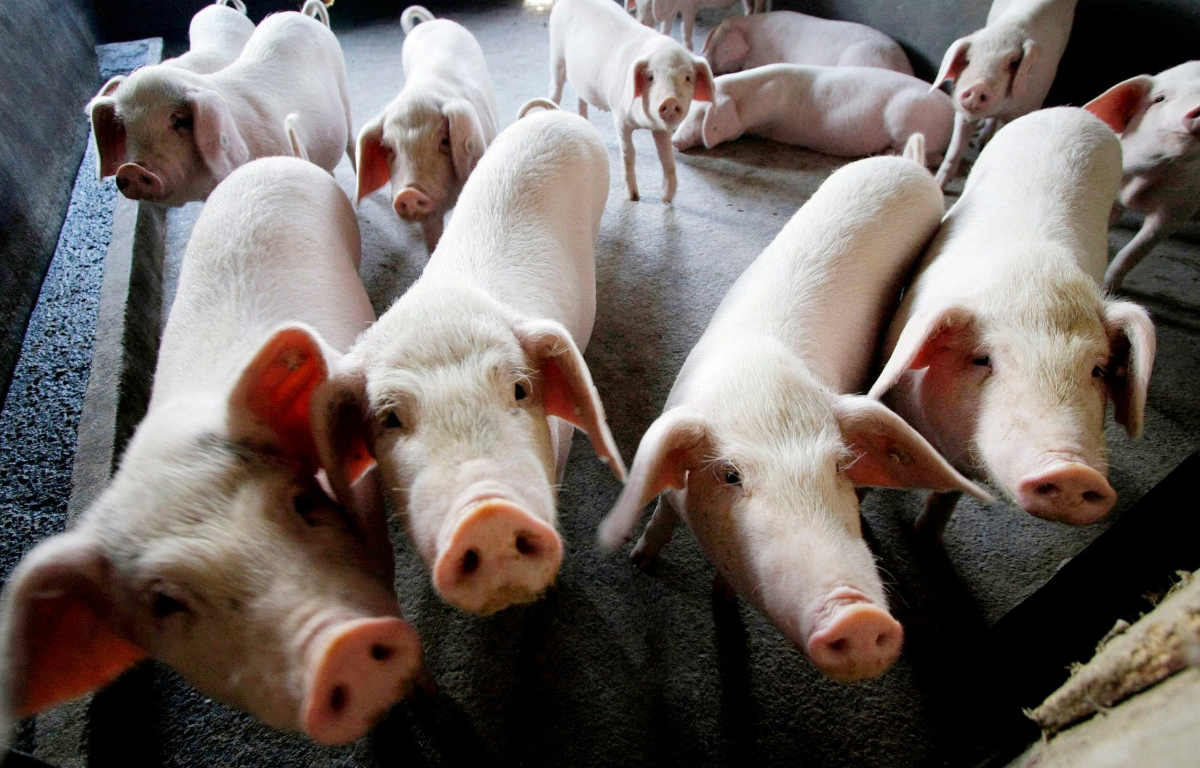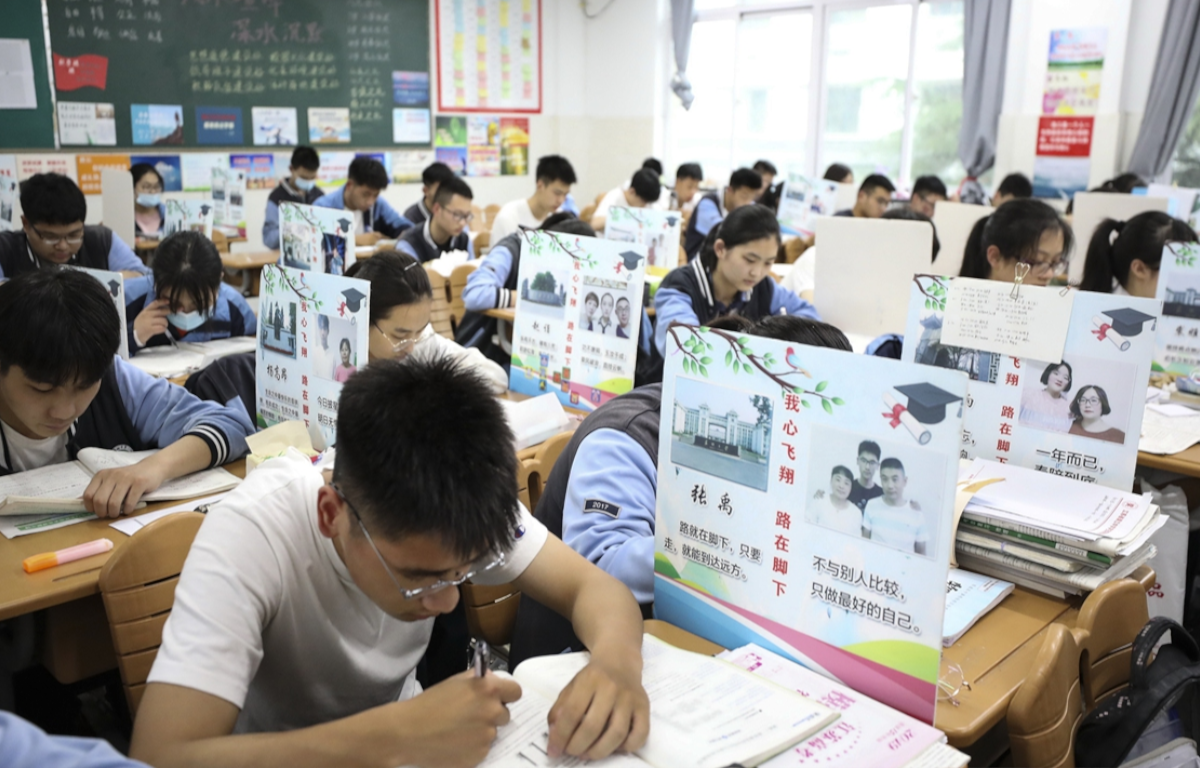
China’s rapid economic development has brought with it increased competition, long working hours, and the stress of city life. Many young Chinese individuals, particularly those born in the post-reform era, are feeling the weight of these pressures. This has led them to explore alternative paths to happiness and fulfillment.
Buddhism, with its emphasis on inner peace, mindfulness, and spiritual growth, provides an appealing contrast to the relentless pursuit of material success. As a result, an increasing number of young people are making the pilgrimage to Buddhist monasteries across the country.
Young individuals seeking solace in Buddhist monasteries embark on a transformative journey. They temporarily detach themselves from the digital world, leave behind their urban jobs, and immerse themselves in the monastic routine. Monasteries offer an environment where they can focus on meditation, self-reflection, and simplicity.
Living in a monastery typically involves adhering to a daily schedule that includes meditation sessions, chanting, and communal tasks like gardening and cooking. These activities help individuals cultivate mindfulness and develop a sense of inner calm, which is often elusive in the fast-paced urban environment.
This trend represents a return to traditional values and practices deeply rooted in Chinese culture. Buddhism has played a significant role in China’s history for centuries, and the resurgence of interest among the youth is, in some ways, a reconnection with their own cultural heritage.
Additionally, the monastic life teaches values such as humility, compassion, and detachment from material possessions – all of which have a profound impact on the personal development and mental well-being of those who choose this path.
Living in a Buddhist monastery is not without its challenges. The ascetic lifestyle can be physically demanding, and the adjustment from urban conveniences to a simple life can be tough. However, those who commit to the experience often find it rewarding in unexpected ways.
Many report reduced stress levels, increased self-awareness, and a clearer sense of purpose. Some individuals, after spending time in monasteries, decide to reintegrate into society with a newfound perspective on life, leading more balanced and fulfilling lives.
The trend of young people flocking to Buddhist monasteries in China reflects a yearning for a different kind of refuge from the relentless demands of modern life. It also underscores the enduring appeal of ancient traditions in a rapidly changing world. Whether as a temporary escape or a long-term commitment, the monastic experience is providing a sanctuary for young Chinese individuals seeking solace, self-discovery, and a path to inner peace amidst the whirlwind of the rat race.










Share this: